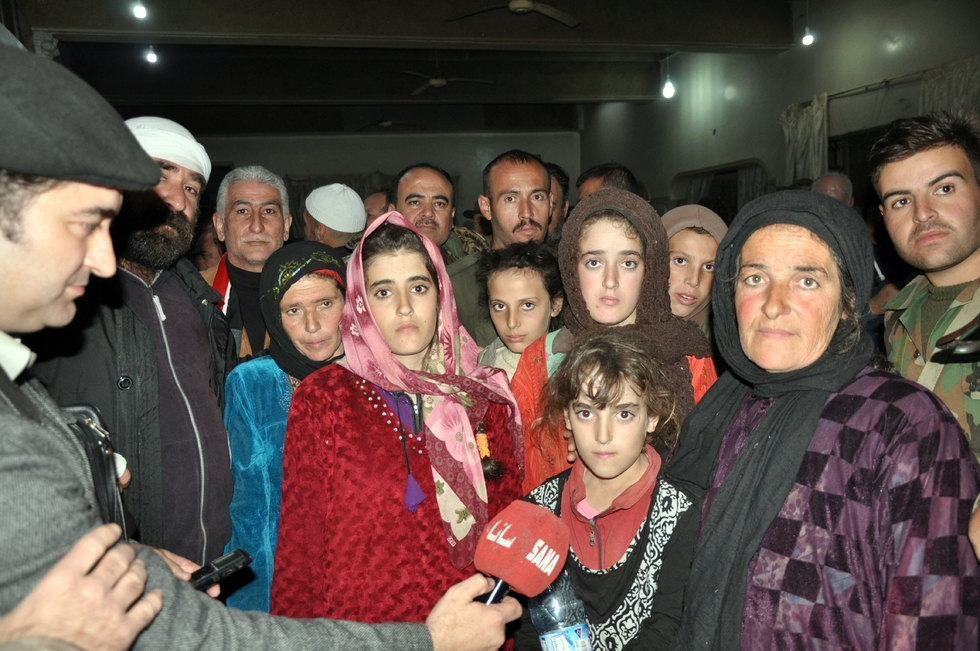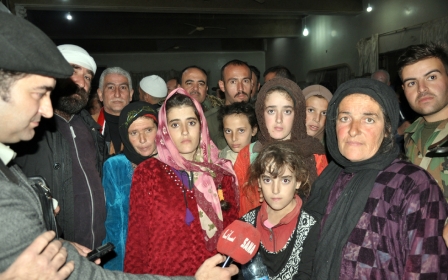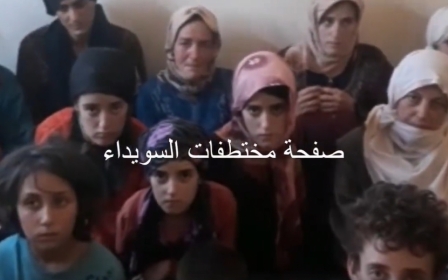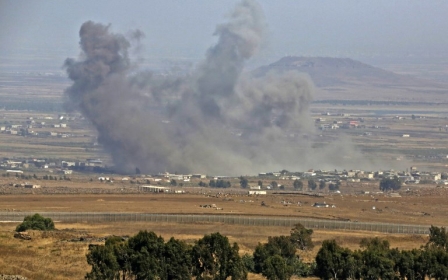Assad calls on Syria's Druze minority to do military service

Syrian President Bashar al-Assad has called on the country's Druze community to do military service, weeks after members of the minority were released following a mass abduction in July by the Islamic State (IS).
Sweida province is the heartland of Syria's Druze minority, who made up around three percent of the country's pre-war population, totalling around 700,000 people.
Since the conflict erupted in 2011, thousands of Druze, especially those in Sweida, have refused to be conscripted, instead joining local militias in the region.
Damascus has so far turned a blind eye as long as the Druze militias did not ally with rebel groups, AFP news agency reported.
Speaking to a group of former hostages and their families on Tuesday, Assad thanked the army, saying that, without it, "the abducted people would not have been freed".
"We owe a great debt to [the army] and as for you... your responsibility is even greater," he said in a video published on the presidency's official Telegram account.
The main way the Druze community could support the army was to do military service, Assad added.
The Druze, followers of an offshoot of Islam, are considered heretics by Islamic State.
IS fighters abducted about 30 people, mostly women and children, from Sweida in late July during the deadliest attack on the Druze since the beginning of the Syrian civil war. More than 200 people were killed.
Some of the hostages also died, while others were freed last month in a prisoner swap.
The remaining 19, mostly women and children, were released last week.
Before the war began, Syrian men aged 18 and older had to serve up to two years in the army, after which they became reserves available for call-up in times of crisis.
In the past seven years, fatalities, injuries and defections are estimated to have halved the once 300,000-strong army.
To compensate, the force has relied on reservists and militias as well as indefinitely extending military service for young conscripts.
Middle East Eye propose une couverture et une analyse indépendantes et incomparables du Moyen-Orient, de l’Afrique du Nord et d’autres régions du monde. Pour en savoir plus sur la reprise de ce contenu et les frais qui s’appliquent, veuillez remplir ce formulaire [en anglais]. Pour en savoir plus sur MEE, cliquez ici [en anglais].




